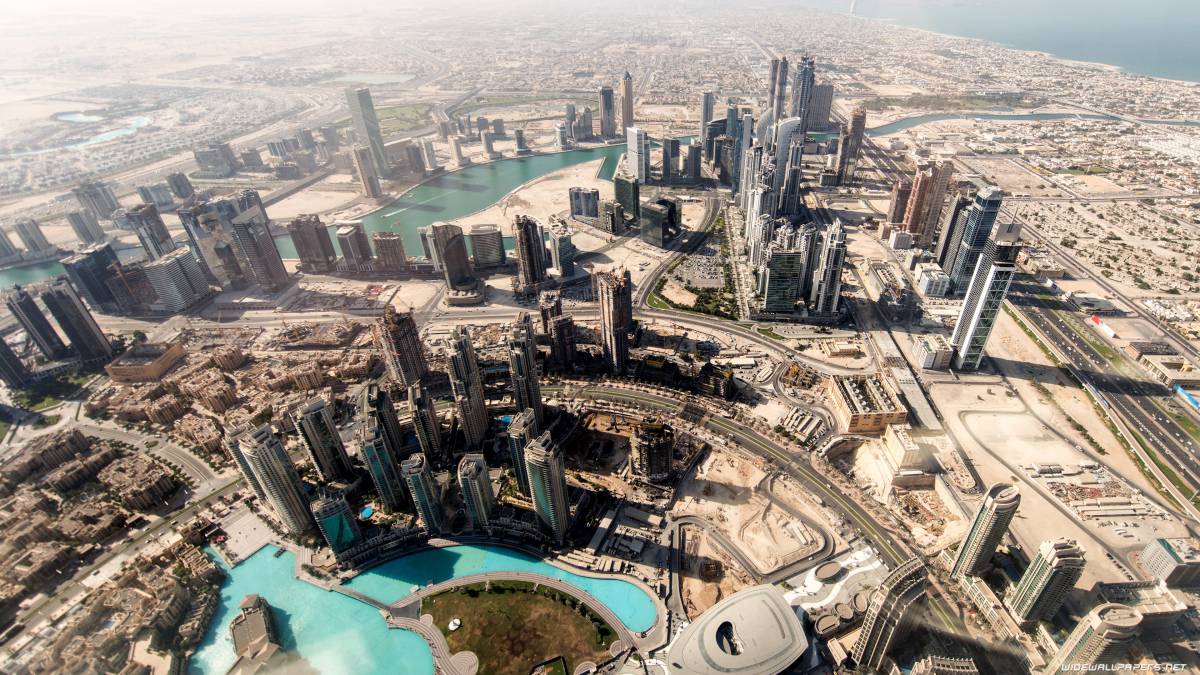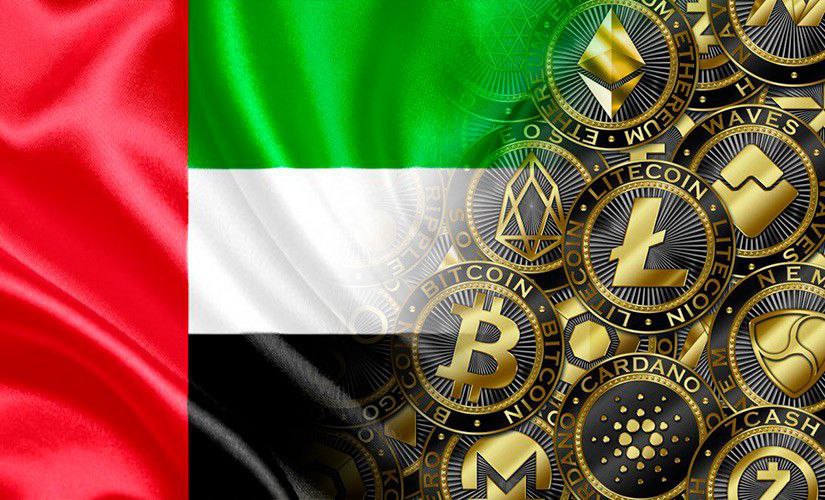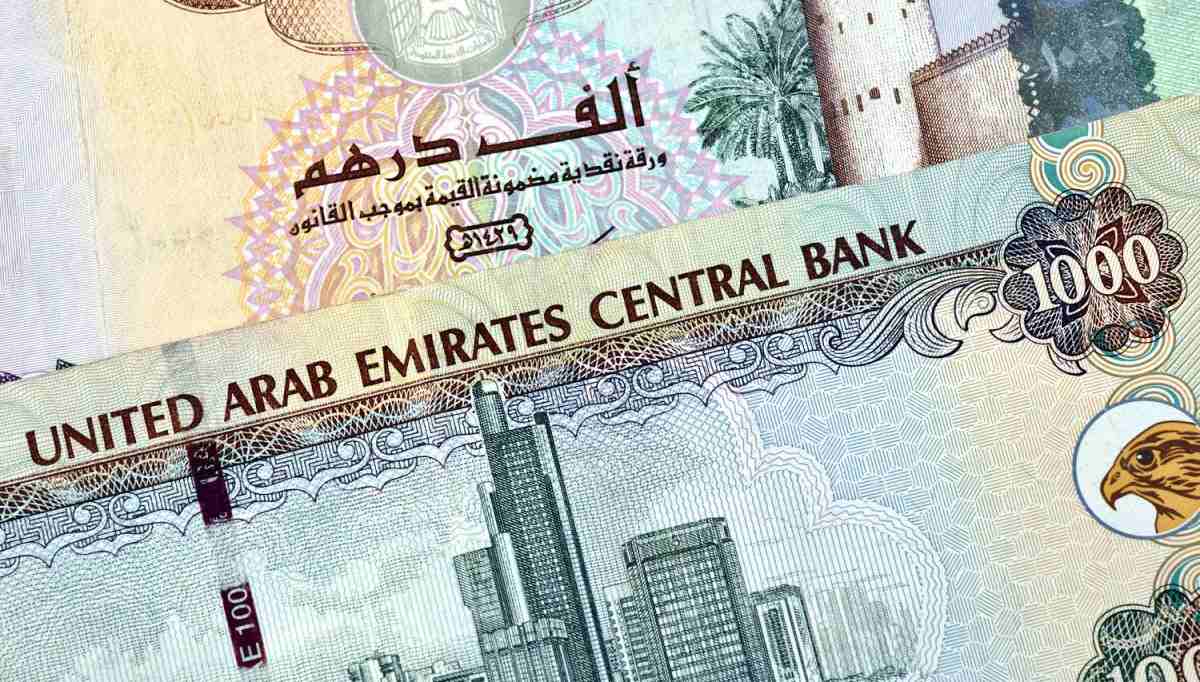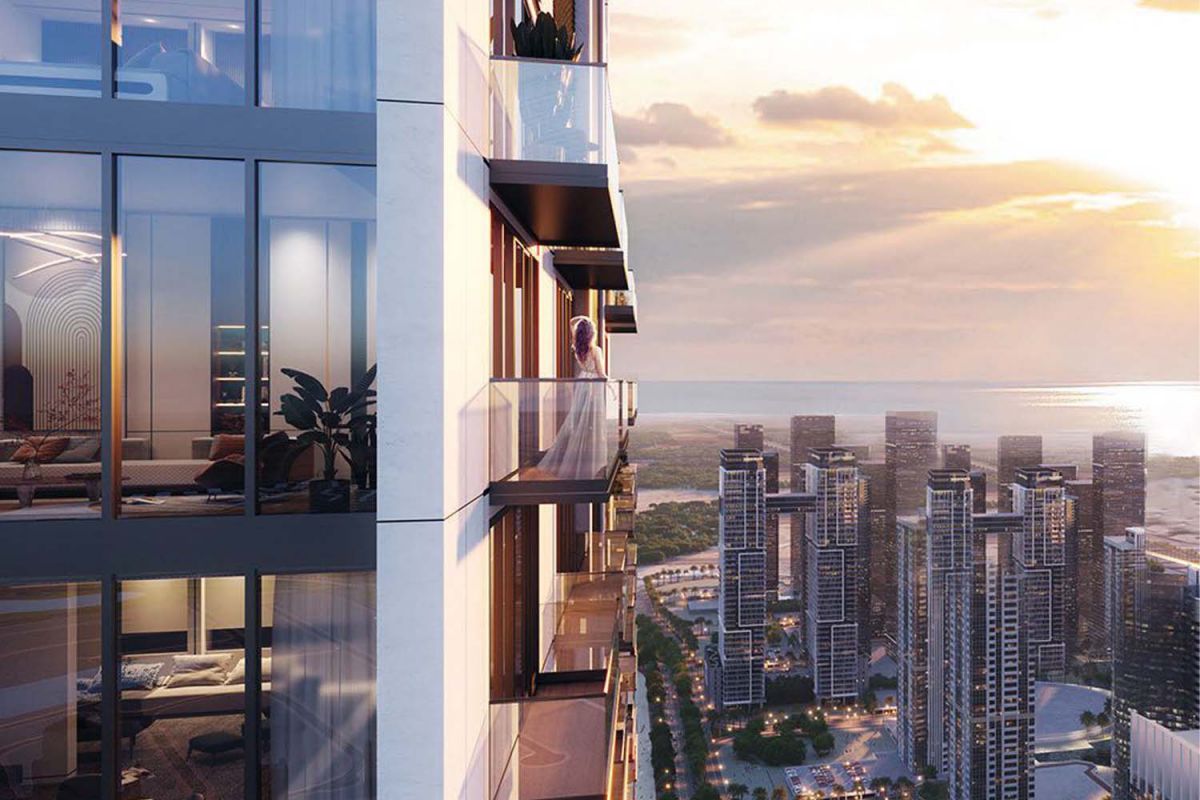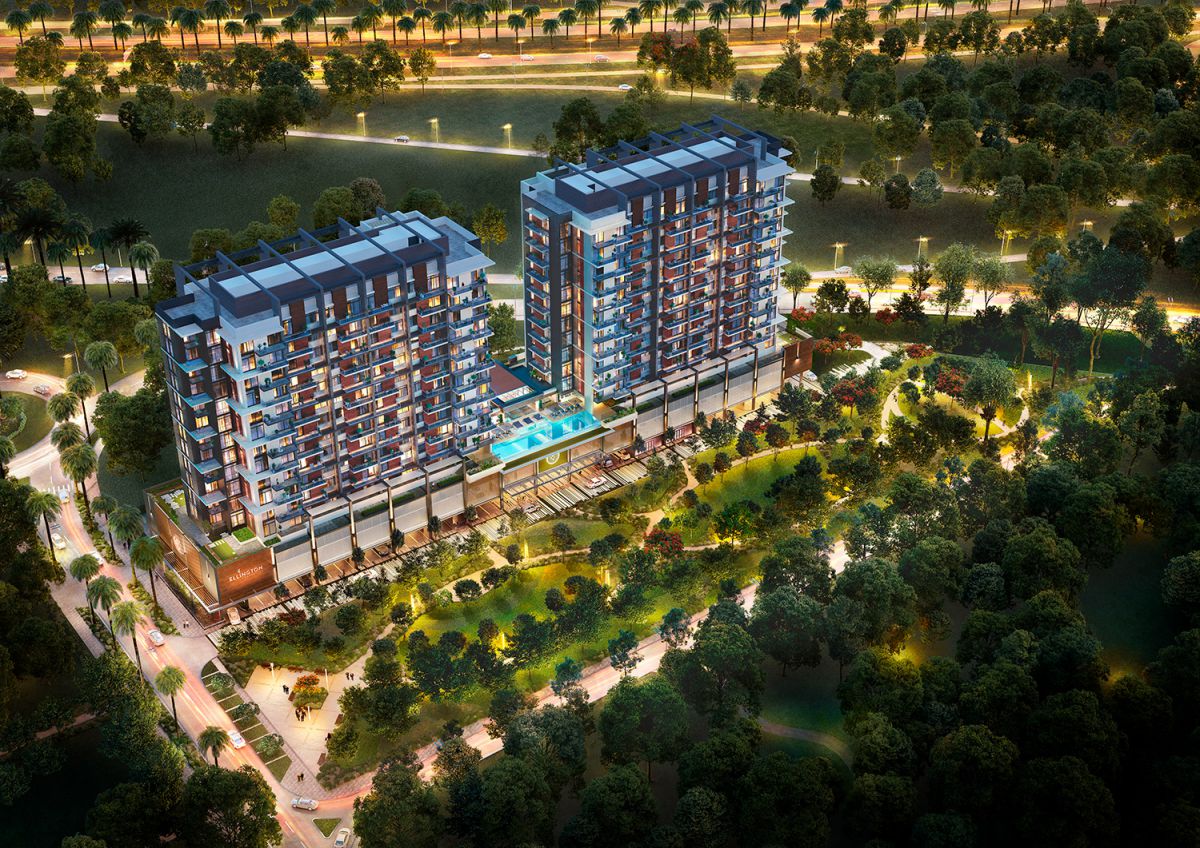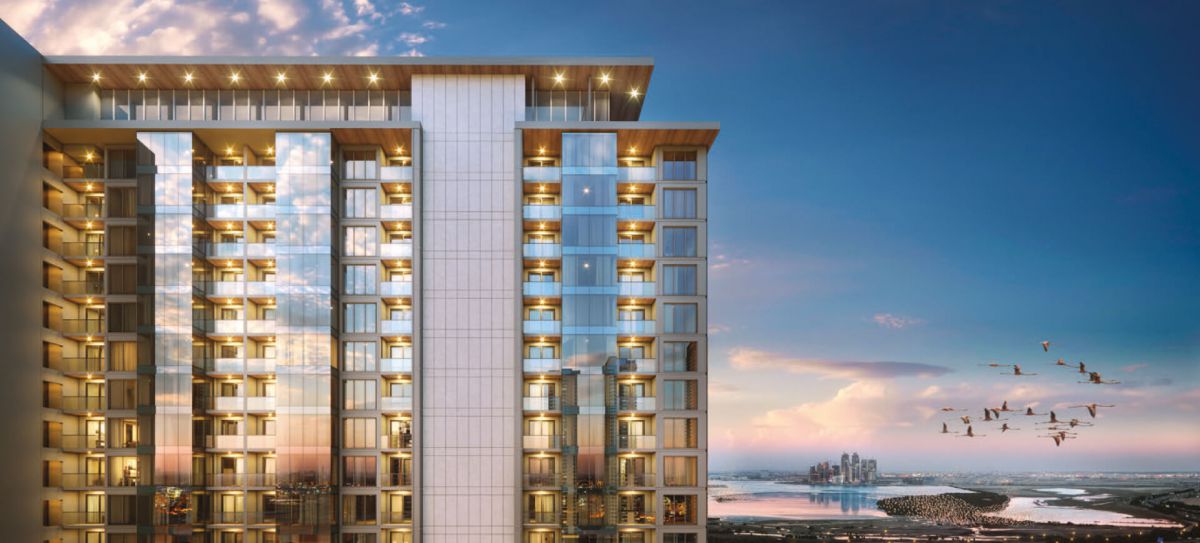A Comprehensive Guide for Expats Buying Property in Dubai
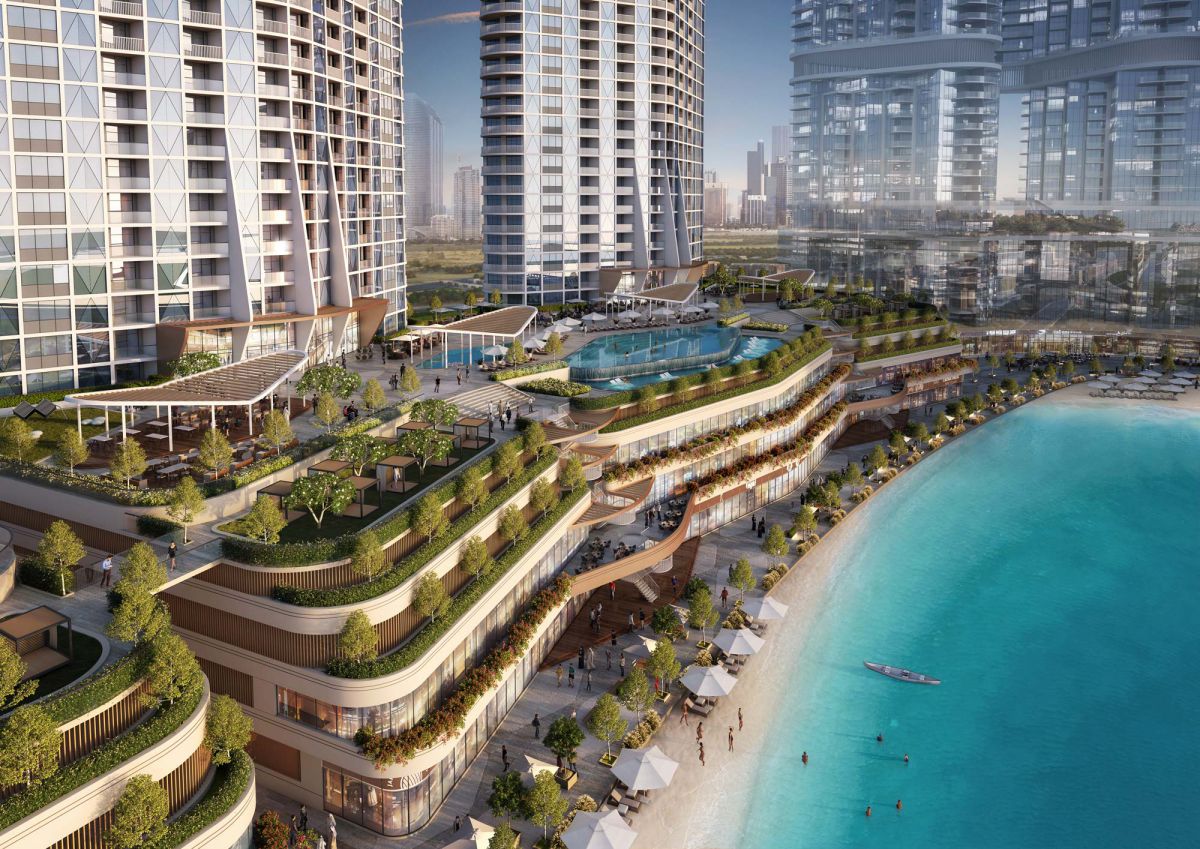
Dubai's real estate market is experiencing continuous growth and presents a multitude of lucrative investment opportunities. Its appeal to foreigners lies in its stability, security, tranquility, and tax-free environment. Moreover, the recent implementation of a new law by the Dubai Government allowing foreign citizens to own freehold property in the country has significantly increased the demand for property purchases in Dubai.
As a result of this rising demand, the availability of properties for foreigners has also seen a substantial increase in recent years. Dubai offers a wide range of luxurious and affordable apartments, townhouses, and villas that are up for sale. These properties not only provide attractive investment returns but also come with numerous other benefits for expatriate buyers. To assist foreign investors interested in purchasing property in Dubai, we have put together a concise guide.
Types of Properties in Dubai
Currently, there are three main types of properties available for purchase by foreign citizens in Dubai from a residential perspective. However, it is strongly recommended to thoroughly understand the real estate market before proceeding with buying property in Dubai.
Freehold Properties
The process of purchasing property in Dubai for expats has been simplified with the significant development of freehold properties. Freehold properties are the most popular choice among foreigners who wish to buy a home in Dubai. Residents of the UAE can rent out, sell, or pass down freehold properties as needed. Investors have complete ownership and perpetual rights over the property, allowing for any desired use.
Additionally, freehold properties involve minimal paperwork and do not require consent from the government.
Commonhold Properties
The second type of property that expats can acquire in Dubai is commonhold. Broadly speaking, commonhold properties include condominiums, apartments, and non-residential units within a building.
With commonhold properties, individuals have the right to buy, sell, or rent a property for inheritance purposes. The process for commonhold properties is similar to that of freehold properties. However, owners are responsible for paying maintenance fees, which apply to both the individual units and common areas.
Typically, these buildings are owned by real estate or property developers.
Usufruct Properties
The third type of property arrangement in the UAE is commonly referred to as usufruct. This is primarily considered a long-term lease for investment purposes. Occupants of usufruct properties do not have the right to modify or alter the property under any circumstances.
How to Choose Property in Dubai for Expats?
As an expat or foreign investor, you have the opportunity to choose from various types of properties located in different areas of Dubai. Before selecting property in Dubai, you should consider the following points to make the right decision:
- Conduct thorough research on the developer's history, check their reputation, and review client feedback
- Ensure that the agent you have chosen is officially registered with the regulatory authority
- Stay informed about the expenses you will need to pay at each stage of the transaction, and familiarize yourself with other fees such as transfer fees, agent fees, etc.
- It is important to be 100% sure that you can purchase property in the specified area and preferred development as an expat or foreign citizen
- Make sure that your loan is pre-approved if you require a mortgage to purchase property in Dubai
- Conduct an online analysis to determine if you are acquiring the property at a fair market value, and also negotiate the price
- Read the contract carefully and seek legal advice before finalizing the deal.
Factors to Consider Before Buying Property in Dubai for Expats
When purchasing property in Dubai, it is crucial for expats to consider various factors to ensure a beneficial investment. Here are some key points to keep in mind:
- Location:
The location of the property is of utmost importance. Expats should seek out areas that offer luxurious living, high-quality lifestyles, and top-class facilities. It is advisable to choose a location that provides long-term return on investment - Affordability:
Affordability is another significant factor to consider. The housing expenses should not exceed 25% of the individual's monthly income. Additionally, the budget should account for upfront fees, which typically amount to around 9% of the property's purchase price. Maintenance fees and annual service charges should also be taken into account - Market Analysis:
Analyzing market statistics is essential to make an informed decision. Research and study the latest trends, forecasts, and investment patterns to maximize the potential return on investment - Rental Yields:
If renting out the property is a consideration, it is crucial to assess the potential financial gains. Calculate whether the rental income will cover mortgage repayments and maintenance expenses - Tenure:
Determine the expected length of stay in the UAE before purchasing property. This helps in evaluating the overall value and future return on investment - Residence Visa:
Properties valued at AED 1 million or more in the UAE can qualify for a resident visa, subject to specific regulations. There are two types of resident visas available: a six-month multi-entry visa and a two-year residency visa. Additionally, real estate investors have the option to sponsor residence visas for their families. Properties valued at AED 5 million or more, held for a minimum of 36 months with no outstanding mortgage, can provide a residency visa of 5 years or more for potential expats.
Expenses Associated with Purchasing Property in Dubai for Expats
When buying property in Dubai as an expat, there are specific costs to consider. It is essential to familiarize yourself with the expenses associated with purchasing a house in Dubai to align your budget accordingly.
- NOC Fees:
NOC fees typically range from AED 500 to AED 5000. These fees can be paid directly to the real estate developer - Registration Fees:
Approximately 4% of the total property purchase price may be payable to the DLD (Dubai Land Department) - Agent's Commission:
The real estate agent's commission is typically around 2% of the property's purchase price.
Documents Required to Buy Property in Dubai for Expats
Having a trustworthy real estate agent is important when purchasing property in Dubai. Based on your budget, investment plans, and requirements, the agent can recommend various property options, including off-plan properties, townhouses, apartments, or luxurious villas. However, there are specific documents required to buy property in Dubai as an expat, as listed below:
- Valid Passport
- Proof of Residency Status
- Proof of Existing Residential Address
- Salary Slip to verify income
- Bank Statement to demonstrate affordability.
Keywords: Expat Buying Property Dubai Comprehensive Guide Real estate Investment Expatriates Purchase Tips Process Legal Regulations Market Location Affordability Expenses Documentation Residency Visa Agent Developer Fees Ownership Financing Market trends ROI (Return on Investment) Rental income Long-term benefits
